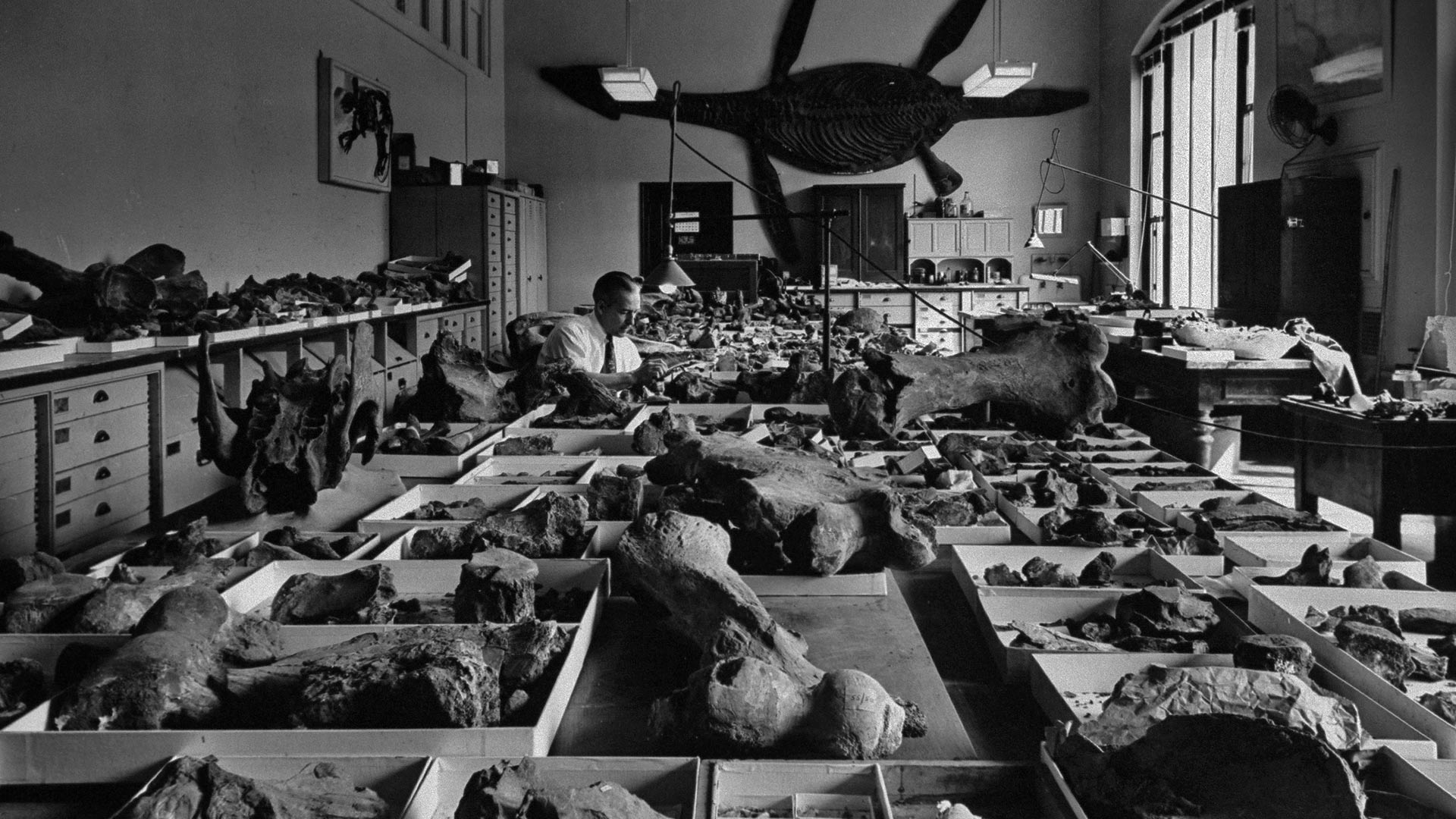Somalia’s New Incinerator System Tackles Waste Management Challenges
Somalia has long struggled with waste management challenges, with inadequate infrastructure and resources making it difficult to properly dispose of rubbish. The lack of a functional waste management system has resulted in widespread pollution, health hazards, and environmental degradation. However, a new incinerator system is set to change the landscape of waste management in Somalia, offering a sustainable solution to the country’s waste management challenges.
The incinerator system, which was recently installed in the capital city of Mogadishu, is a state-of-the-art facility designed to safely and efficiently dispose of a wide range of waste materials. It represents a significant step forward in Somalia’s efforts to address the growing waste management problem and improve the overall quality of life for its citizens.
The new incinerator system is a collaborative effort between the Somali government and international partners, who have provided the necessary funding and technical expertise to make the project a reality. The system is expected to have a positive impact on the environment, public health, and the economy, making it a crucial investment in Somalia’s future.
How does the incinerator system work?
The incinerator system uses high-temperature burning techniques to safely dispose of waste materials, including medical waste, hazardous chemicals, and other dangerous substances. The incinerator is equipped with advanced emission control technology to minimize the release of harmful pollutants into the atmosphere, ensuring that its operations are environmentally friendly.
The incinerator system is also designed to generate energy from the waste combustion process, producing electricity that can be used to power local communities. This sustainable approach to waste management not only reduces the environmental impact of waste disposal but also contributes to the country’s energy needs.
Moreover, the incinerator system has been designed to meet international standards for waste management, ensuring that its operations are safe, efficient, and compliant with best practices in the field. This makes it a reliable and sustainable solution for addressing Somalia’s waste management challenges.
What are the benefits of the incinerator system?
The incinerator system offers a range of benefits to Somalia, particularly in the areas of public health, environmental protection, and economic development. By providing a safe and sustainable method for the disposal of waste materials, the incinerator system helps to reduce pollution and mitigate health risks associated with improper waste management.
Additionally, the energy generated by the incinerator system can be used to power local communities, reducing reliance on fossil fuels and contributing to the country’s energy independence. This economic benefit is particularly significant in a country like Somalia, where access to reliable and affordable energy sources is limited.
Furthermore, the incinerator system supports the development of a circular economy by converting waste materials into valuable resources, such as electricity and heat. This contributes to the overall sustainability of waste management practices in Somalia and helps to reduce the country’s carbon footprint.
Is the incinerator system safe for the environment and public health?
Yes, the incinerator system is designed to be safe for both the environment and public health. It is equipped with advanced emission control technology to minimize the release of harmful pollutants into the atmosphere, ensuring that its operations have a minimal impact on air quality.
Moreover, the incinerator system is designed to comply with international standards for waste management, ensuring that its operations are safe and environmentally friendly. This includes the use of best practices in waste handling, combustion, and emissions control, as well as regular monitoring and maintenance to ensure the system’s ongoing compliance with safety and environmental regulations.
The incinerator system also reduces the risk of pollution from improper waste disposal, which can have significant impacts on public health and the environment. By providing a reliable and sustainable method for waste disposal, the incinerator system helps to protect the health of local communities and preserve the natural environment for future generations.
What are the future plans for waste management in Somalia?
The installation of the incinerator system in Mogadishu is just the beginning of Somalia’s efforts to improve waste management in the country. The government is already exploring the possibility of expanding the incinerator system to other cities and regions, in order to address the country’s growing waste management challenges on a national scale.
Moreover, the government is working to develop comprehensive waste management policies and regulations that will help to improve the overall efficiency and sustainability of waste management practices in Somalia. This includes initiatives to promote recycling and waste reduction, as well as improved public awareness and education about the importance of responsible waste disposal.
In addition to the incinerator system, the government is also considering other innovative waste management solutions, such as biogas generation from organic waste, composting, and waste-to-energy projects. These initiatives will help to further reduce the environmental impact of waste disposal and create new economic opportunities for the country.
In conclusion, the installation of the incinerator system in Mogadishu represents a significant milestone in Somalia’s efforts to tackle waste management challenges. The system offers a safe and sustainable method for the disposal of waste materials, while also contributing to the country’s energy needs and economic development. With the government’s commitment to expanding and improving waste management practices, Somalia is poised to make significant progress in addressing its waste management challenges and creating a cleaner, more sustainable future for its citizens.
Somalia’s New Incinerator System Tackles Waste Management Challenges




